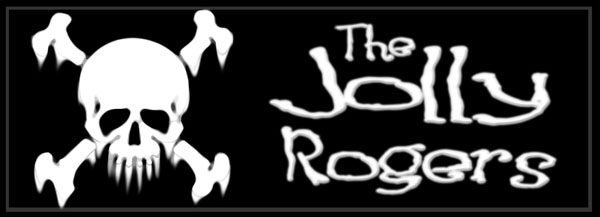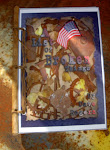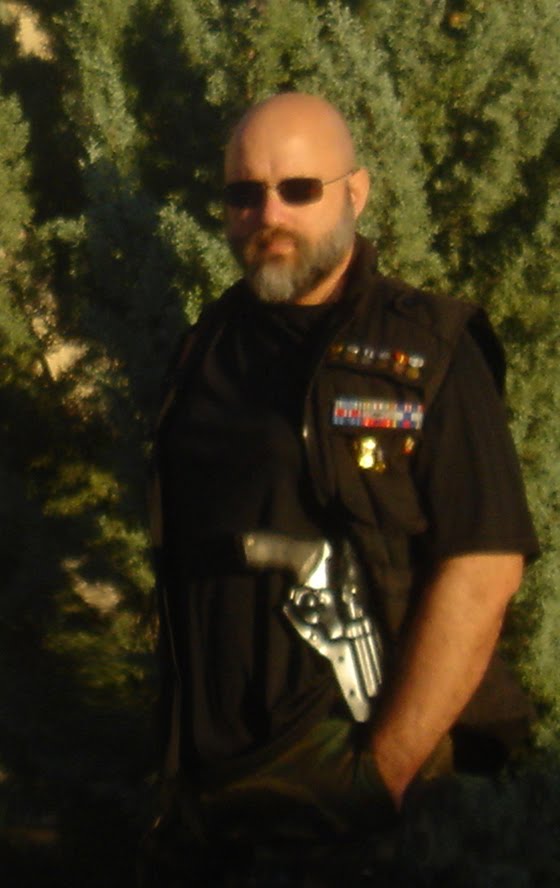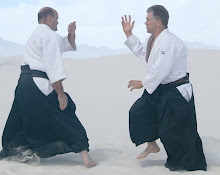How many times can you say the word clear?
For Barrack Obama – that number is not yet clear. But we here at the Jolly Rogers newsroom are trying to keep ahead of it all, because we know good propaganda when we see it. This subject is a dark one, though. It squats in the hidden places and avoids the light, because it is itself made of shadow.
It is the world of PR and marketing and it is never more perfectly outlined than in the choice of specific words. So we looked at the words - a lot of words.
In preparation for the President’s speech to Congress and the American people, to ostensibly argue for the massive health care reform bill, we went through 200 Barrack Obama speeches to try to get a glimpse of what exactly is being sold to the American public. Here is what we found:
229 uses of the word clear – sometimes as much as ten times in one speech.
31 times he was talking about transparency.
71 uses of the word, honest – almost exactly one use in each speech it appeared.
137 times using the word “open,” albeit, those were not all instances where “honest” and “transparent” were in the same sentence.
159 times he used the word fundamental or fundamentally.
But the prize goes to the concept of “opportunity.” That word Obama has now used more than 291 times.
Oddly, the word socialist or socialism has only been used 14 times – mostly during the campaign and always paired in the same sentence as his opponent’s name.
So what is real – and what isn’t – especially in-light of the upcoming speech? Kathleen Sebelius recent audio preview of Obama’s “case for what is at stake for the American people,” uses some interesting phrases.
For example, according to Sebelius, Obama will “provide a CLEAR direction for what a true reform plan is: A plan that will bring stability and security to Americans...he’ll discuss what health insurance reform means and what it doesn’t mean – for all Americans.”
Essentially dear reader, we are about to be educated. So, knowing this, the Jolly Rogers went to the educators and looked at what was out there on the use of words in forming both choice and decision.
A paper writen by James W. Pennebaker, Matthias R. Miehl and Kate G. Niederhoffer in the Department of Psychology at the University of Texas, outlined how particles (parts of speech that include pronouns, articles, prepositions, conjunctives and auxiliary verbs) can serve as markers of emotional state, social identity and cognitive style.
According to Pennebaker, Miehl and Niederhoffer, people’s use of words can hint at motives and are diagnostic of their mental, social and even physical state. Sigmund Freud, the famous psychologist in 1901 also talked of this concept in the terms of parapraxes (slips of the tongue). To Freud, common errors in speech betray people’s deeper motives or fears.
To the UT trio of researchers, however, specific word use can be just as telling.
“The words a person uses clearly have an impact on the listener or reader,” they wrote. “Just as the words people choose when talking or writing may betray their thoughts and feelings, those words may be processed at a low or unconscious level by the listener or reader...the presumed power of the media or of great speakers or writers may ultimately reside as much in how they use words as in what they say.”
You see, dear reader, words can be more than they seem. In September of 2007 an article detailing research conducted by Nobel laureate and Princeton University psychologist Daniel Kahneman, and his collaborator, Psychologist Amos Tversky, identified some very human weaknesses when it comes to speech.
We do not have or maintain preferences – at all, despite what the world may seem to be. We are influenced in making choices by how questions are presented. Kahneman’s and Tversky’s studies were statistical in nature, and showed that when making a choice – even one that was between items which were totally equal, people would always focus on avoiding loss, rather than securing a gain.
If we apply this to our current situation, it is easy to see the dynamics at work. When presented with the bank meltdown and subsequent bailouts, people were caught by surprise, panicked and facing the potential loss of Western civilization, as they knew it, allowed the ridiculous spending plans to be passed.
What are the actual gains from those huge money-dumps? So far...almost nothing.
So, when the government proposed the immense health care reform package in all its’ glory, it first came on the heels of some very hard lessons for the American people – lessons which taught them that maybe the nation’s leadership isn’t out there to look after their best interests, after all.
And when the question was put to the American people in countless town hall meetings, it was presented as – “look what we will gain from Big Brother health care,” and largely not “look what we are about to lose.” Of course, when the PR folks got around to rephrasing the whole debate, it was by then, too late. People had decided, in large numbers, that health care reform meant “loss” not “gain.”
And loss really tips the scales.
The two Princeton researchers went further, however. According to their work, leaving a matter unspoken, also guarantees greater participation. In other words, it is like saying “the public insurance option of the heath care plan would trigger if the private market does not meet certain cost savings targets.”
Lastly, the research showed that by presenting a comparison – basically a choice between two things, showing the unmistakable worth of the first choice versus the second choice, people will jump.
Lev Vygotsky was a Soviet psychologist who developed a unique approach to the development of thought and concepts. His work was published following his death in 1934 and suppressed in 1936. Thus, Lev Vygotsky’s writings were unavailable to Westerners until 1958.
Vygotsky wrote that “word meaning is a phenomenon of thought only in so far as thought is embodied in speech, and of speech only in so far as speech is connected with thought and illumined by it.”
To Vygotsky, the entire affair of using and understanding words is “a phenomenon of verbal thought, or meaningful speech – a union of word and thought.”
But Vygotsky is interesting in another way, because if you believe that our politicians and their handlers do not pay attention to this kind of research, you are wrong. In recent years, linguists and teachers have been examining Vygotsky's work. What they are seeing according to the Encyclopedia of Marxism, is “a superior understanding of the relationship between the educator and the educated, in which the educator must ‘negotiate’ with the child or student who is credited with an active role in the learning process. (Does any of this sound familiar? Was any of this in the President’s most recent speech to schoolchildren?)
The Encyclopedia of Marxism goes on to say that “especially in the United States, Vygotsky has found a following among Community Development workers who value his concept of a ‘Zone of Proximal Development,’ in which leadership is able to facilitate intellectual and social development in struggles by communities to change their circumstances, leading to a subsequent benefit in an all-round development of conceptual ability.”
We are living in a time of tidal political and financial forces, which could sweep our republic away without even an afterthought. We could be – as Orwell wrote in his classic 1984 – “lifted clean from the pages of history.” The freedoms we enjoy, the pride in our democracy and our will to fight for it can be chipped away until we hold nothing. Like Vygotsky, our work, our lives and our existence can be buried, co-opted, absorbed or completely erased – and also like Vygotsky, only true freedom can give us shape and meaning and color and give us back our voice.
We face potential repression and obliteration of our way of life. We will become the forgotten – our histories rewritten, our lives forgotten, our children and grandchildren indoctrinated into a new way, hearing us recount our fading memories and believing that the words we speak are just the meanderings of age. They will believe what they have been taught in school. And we have seen what largely those words and teachings may be based upon.
But even as I write this, a political movement makes its’ first march on Washington. Only days away from September 12, I wonder what change such a united stand could force. Tonight our President will once again deliver another speech onto the airwaves – this one meant to convince the Congress to pass his massive health care reform package. It is a moment, which is being seen by most of the media as his greatest challenge. If he wins the day, he may win ultimate power and reshape America into whatever his vision really is. If he fails tonight, it may end any chance he has to continue effectively in office.
Whatever occurs, we lucky few who are alive and awake in this moment, will be able to press forward and choose what words will influence us – what will we allow to shape our decisions and form or reform our way of life?
We can still choose the brilliant, artful truths of our Constitution. We can make a difference. We can choose the higher road and the purer thought. We can discard the marketing and the public relations and the political correctness, and see the psychology for what it is – shadows and tricks from darker places, forced on a half-asleep public.
We can live and love and care again with intensity and passion.
And we can be free.
Subscribe to:
Post Comments (Atom)
Want to see something which will pick up your spirits?
Have a look at this link if you're feeling a bit down...


















No comments:
Post a Comment